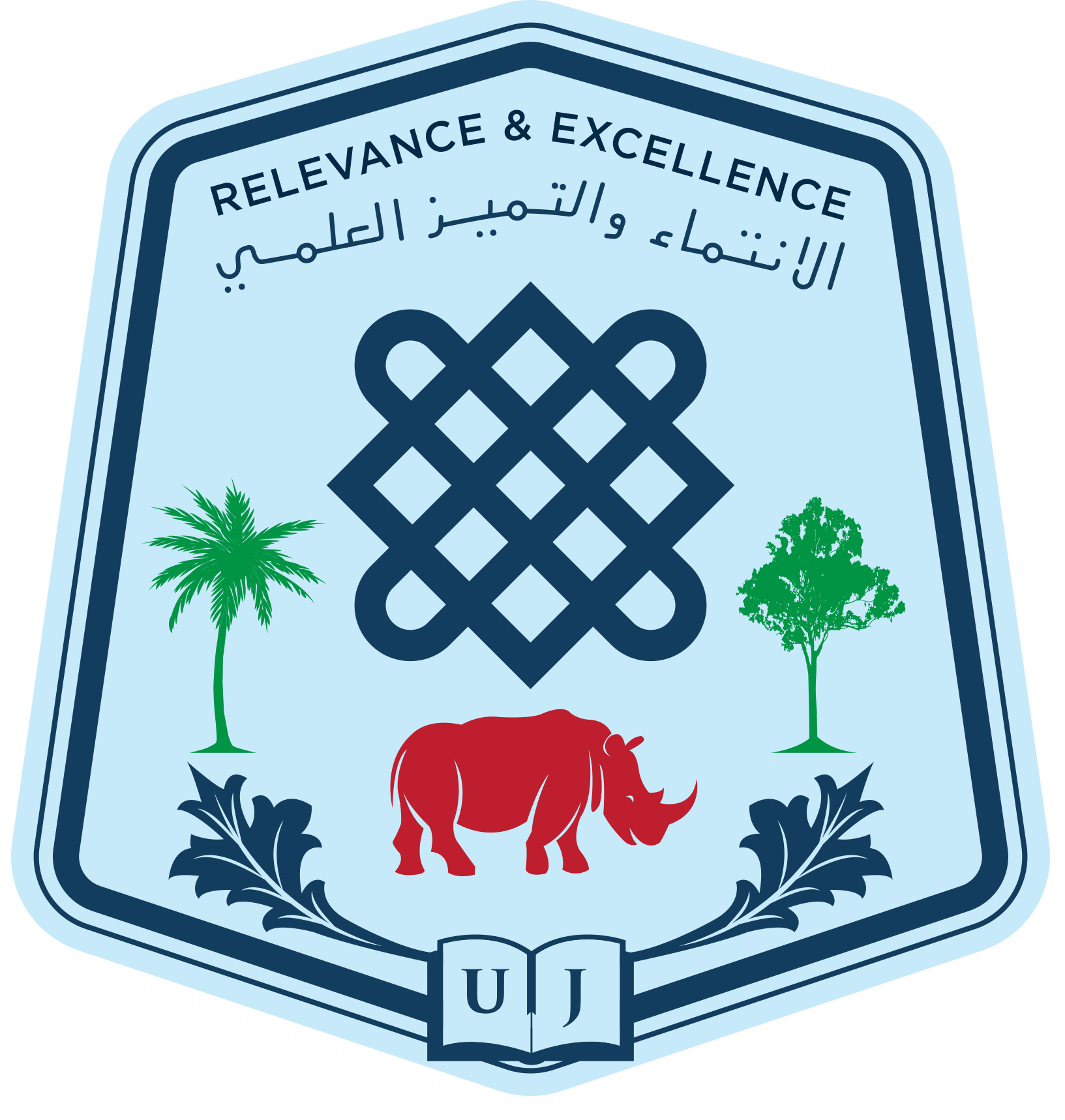Jacob Dut Chol Riak
ABSTRACT
The contestations of Abyei by Sudan and South Sudan has continued to brew conflicts for the two sisterly states. While the conflicts emanate from the lack of clarity of eligible voters from the Abyei Protocol, 2004 of the Comprehensive Peace Agreement (CPA), 2005, the contestations graduated into the cacophony tunes of nationalism. The Government of South Sudan being led by the ruling party, SPLM and to the greatest extent, by the Revitalized Transitional Government of National Unity (R-TGoNU) argues Abyei as part and parcel of South Sudan and this can be confirmed by the conduct of a referendum for self-determination. Although this argument is being tweaked on the Abyei protocol that spelt out the voters as resident of Abyei and which the Ngok Dinka believe to be them since they permanently stay in Abyei, Misseriya Arabs, who seasonably graze their cattle at river Kiir consider themselves as voters in the Abyei plebiscite. Thus, this has caused contestations, tensions and conflicts in the Abyei area. Though the protocol has designated the Chief Administrator of Abyei Area, the ultimate goal was to conduct a referendum for selfdetermination alongside Southern Sudan referendum on 9th January 2011. The paper argues that failure to conduct the Abyei referendum the same day with Southern Sudan referendum is to do with zero-sum interest of Government of Sudan to retain Abyei so as to own hydrocarbon resources. Abyei has enormous crude oil which the Government of Sudan doesn’t want to loss again like the way its lost 90% of its oilfields to South Sudan. This economic interest driven by centripetal politics has led the two sisterly countries to collide over Abyei ownership leading to sporadic conflicts in the region from 2011. While the Government of South Sudan insists that Abyei belong to nine Ngok-Dinka chiefdom who are members of greater Dinka of South Sudan and who are only eligible to vote, the Government of Sudan has categorically rejected this, leading to the cul-de-sac. While other attempts were made including the ruling of Permanent Court of Arbitration (PCA) of awarding the people of Abyei to South Sudan and oil resources to Sudan, this did not help in resolving the Abyei debacle. The paper has used qualitative research design with a case study of Abyei and other drawn examples from contested areas such as Kashmir. It process-traces the Abyei contestations between Sudan and South Sudan. The study concludes that although Abyei remains a disastrous and highly contested spot amongst the contested lands in the world, contested lands don’t have to remain contested and the two Governments of Sudan and South Sudan must immediately resolve Abyei status to eschew sporadic conflicts, deaths and destruction of properties.
Keywords— politics, self-determination, Abyei, protocol, conflict, hotspot, Sudan, South Sudan
Download the PDF File The Politics of Self-Determination: Why Has Abyei Remained a Conflict Hotspot Between Sudan and South Sudan?
